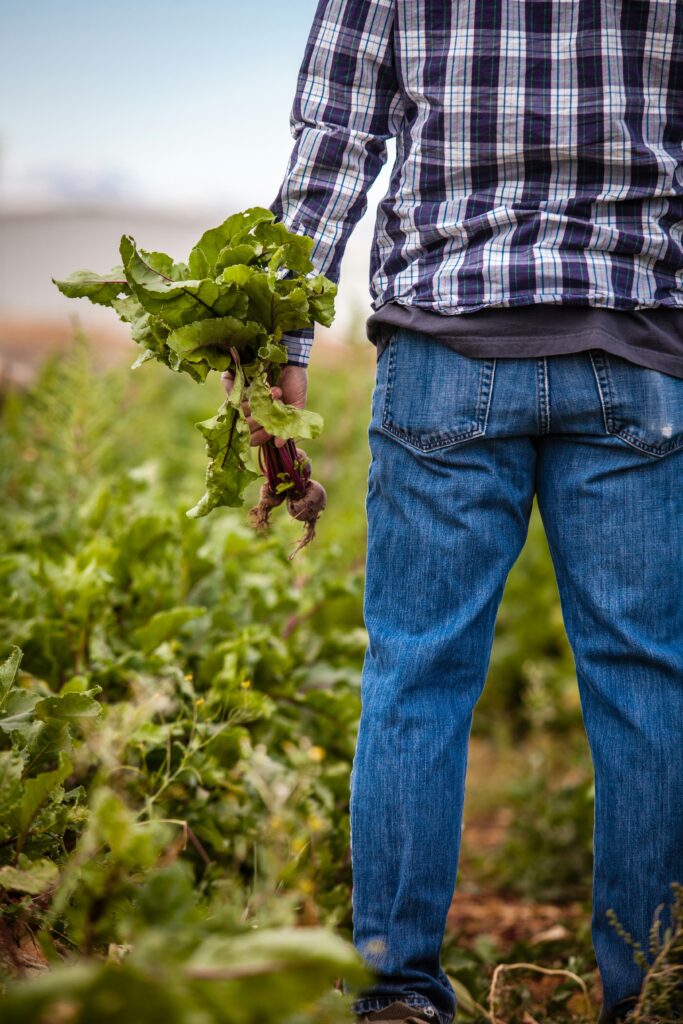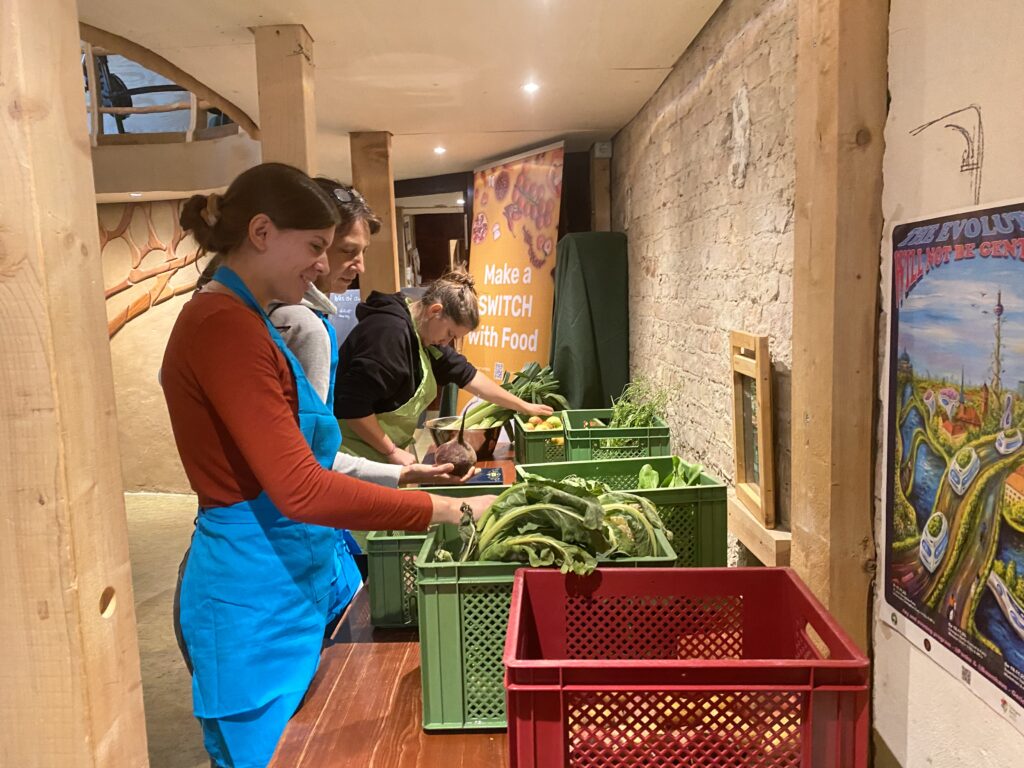Multi Actor Committee
Join the next meeting!
We are organizing two online meetings of the SWITCH Multi Actor Committee focusing on “Short Food Supply Chains: Improving Access to Local Food” and “Digital Food Hubs as Catalysts for Behavioural Change: User Experience, Impact, and Sustainability.”
You are kindly invited to join at least one of the two sessions:
What is MAC?
The Multi Actor Committee is a group of experienced professionals who provide advisory support for the SWITCH project, without being directly involved in its internal management. This external positioning enables its members to operate in a non-binding, consultative capacity, providing strategic advice and serving as a valuable resource for senior management.
The MAC will be composed of 50 members with different backgrounds that will support the project activities, with fruitful advice to complement the consortium’s business, technical and innovation insight in relevant fields of SWITCH, spreading the impact of the project and amplifying the adoption of sustainable dietary behaviors and fostering tangible, long-lasting change.


How does MAC work?
The MAC works as an advisory body, offering feedback to refine the project’s activities, communication, and dissemination strategies.
The consultation will take place in two flexible formats to ensure a dynamic and responsive process.
The first involves a General Committee composed of the 7 SWITCH’s stakeholders (one per category) with representation from all SWITCH hubs (Italy, Spain, Sweden, Germany, and France).
The second is an Issue-specific Committee, where one stakeholder from each category is consulted based on the topic at hand, ideally including hub representation. The committee is composed of 7-10 people.
These formations are not fixed and will vary over time to reflect the evolving needs and priorities of the project.
Who can join the MAC?
The MAC consists of an expert committee involving 50 changemakers from seven stakeholder groups:

Policy Makers
EU commissions and other institutions representatives at the national, regional and local level. The focus of communication, dissemination and exploitation will be on this target group, providing open science tools and policy recommendations that allow competent authorities to translate the scientific evidence into easy-to-understand food-based dietary guidelines.

Media & journalists
Media and journalists play a key role in communicating and shaping people’s views and opinions. Thus, they are a target group in the communication, dissemination and exploitation activities. The objective is to involve, prepare and train to support the SWITCH project goals.

Food Providers
Includes farmers, fishermen, aquaculture, processed food producers, retailers, and markets. They are all involved in the multistakeholder analysis and experiments of facilitation and actionability in the Hubs.

Food Service Actors
Caterers: refer to companies involved in making, transporting, and dispensing prepared foods, such as restaurants or cafeterias. Their role is vital in shifting menus. Indeed, most people eat lunch at the workplace or at school. Thus, the distribution of a sustainable and healthy menu can help many consumers shift in the right direction.
Chefs: are an important “game changer” category that can nudge consumers’ trends toward sustainable and healthy diets. Besides the dissemination material of the project, we will offer them a digital tool for recipe evaluation in terms of sustainability and nutritional indicators.
Restaurants: we would target restaurants as alternatives to workplaces and homes, being a fundamental alternative for food serving in everyday citizens’ lives. We plan to offer them sustainable and nutritionally rich menu packages, tested in the Hubs experiments.

Educators from schools to Universities
The role of universities and schools is fundamental to educating the citizens of the future. Thus, the communication, dissemination and exploitation activities target students, teachers research groups involved in the investigation of food and diet issues from an economic, environmental, social, health, political and, climate aspect are targeted by

Citizens and the general public
Citizens are the most important target. We are engaging all citizen groups, including the most vulnerable, through a citizen science approach. It consists of dedicated communication experiences and tools developed and applied in “in situ” food experiences in the regional Hubs and in the collection of citizen’s interests and needs through social networks and other tools tailored for each citizen group (youngs, elders, vulnerable, etc.).

Nutritionists and health professionals
Includes professionals dealing with non-communicable diseases, cardiovascular disease and nutrition (e.g., dietitians, nutritionists, nutrition educators). They play a crucial role in informing and driving consumers/patients towards dietary best practices. They will be involved in defining dietary recommendations, health promotion, and collecting evidence of the outcomes of such efforts.

What Effort is required?
Throughout the duration of the project, each stakeholder will be invited to participate in MAC only once, with the MAC held twice a year in varying configurations to ensure diverse representation.ù
The MAC will be divided into smaller groups of 7-10 stakeholders, each of which will meet once or twice during the entire duration of the project. These meetings will be held online and will last no more than 1.5 hours. During each meeting, the project’s progress and upcoming activities will be presented, allowing members to assess the project’s efficiency and alignment with its intended impact.
The project coordinator or a representative from the Consortium will facilitate the meetings.
All meetings will be conducted online.
Why participating?
1.
Possibility to be featured with an interview on the website, an article in the SWITCH magazine and the SWITCH newsletter.
2.
Receive invitations for SWITCH events.
3.
Possibility to provide feedback on the direction and future steps of the project to undertake for successful outcomes when required.
4.
Possibility to participate in workshops and conferences held by the SWITCH regional partners.
5.
Possibility to contribute to data collection processes, both through SWITCH digital technologies – the apps, the Digital Hub Experience, and the Smart Counter – and/or through focus groups and interviews.
